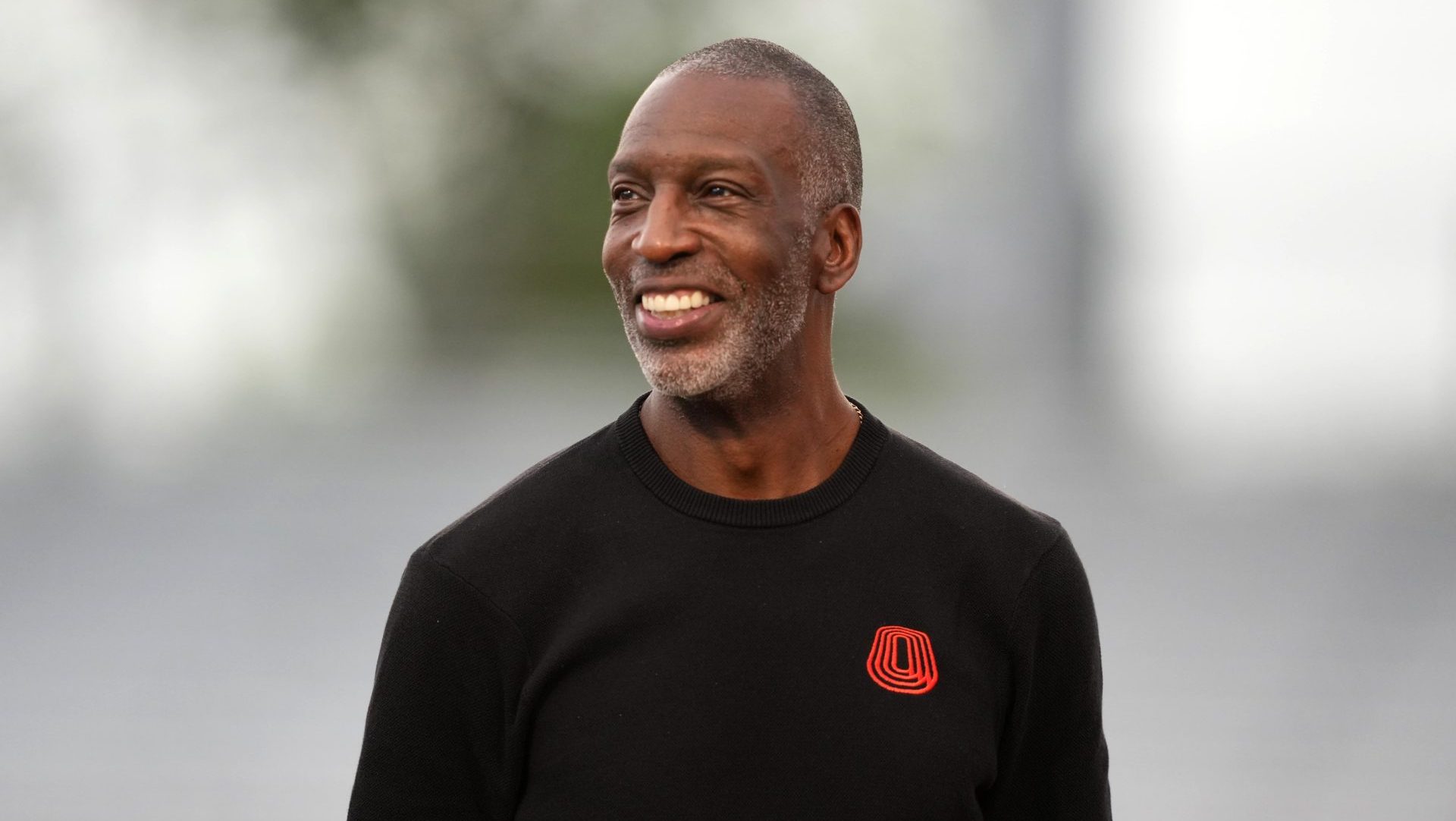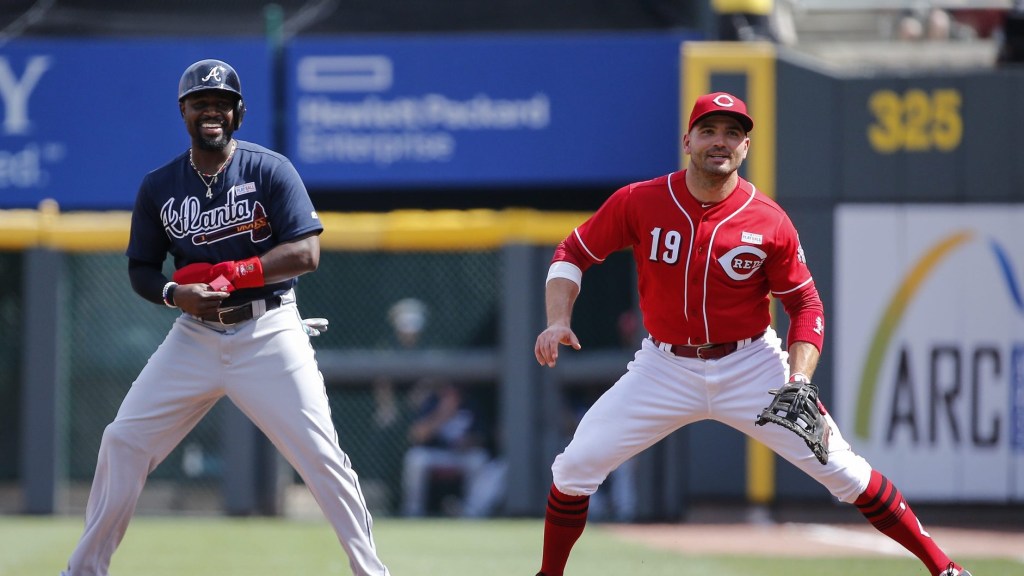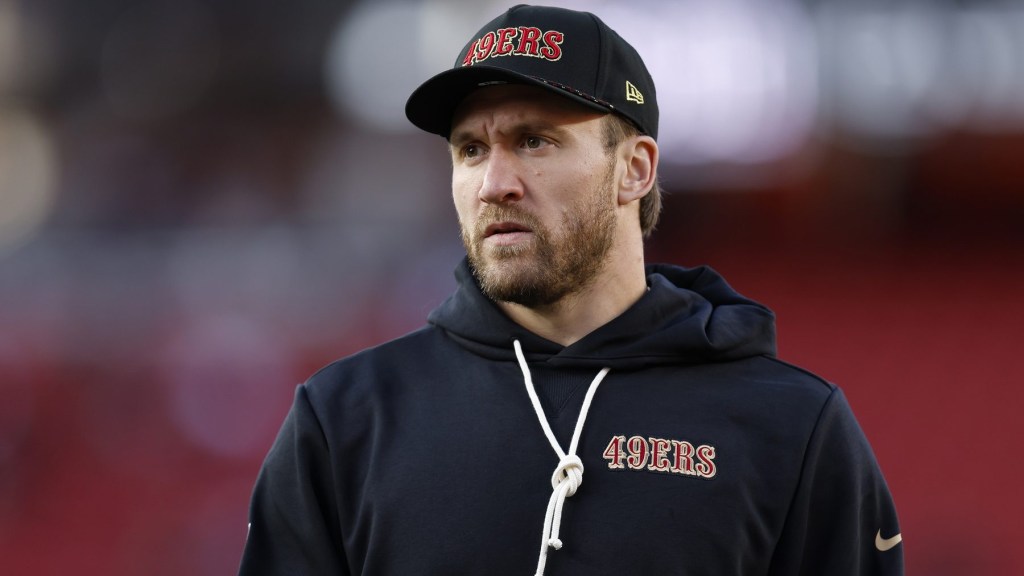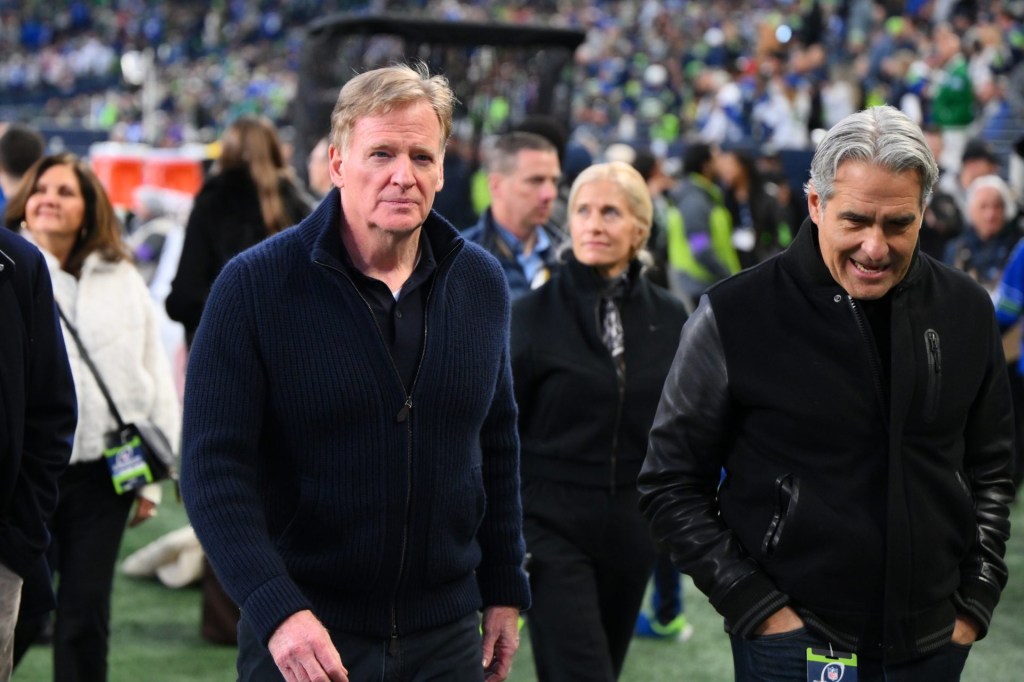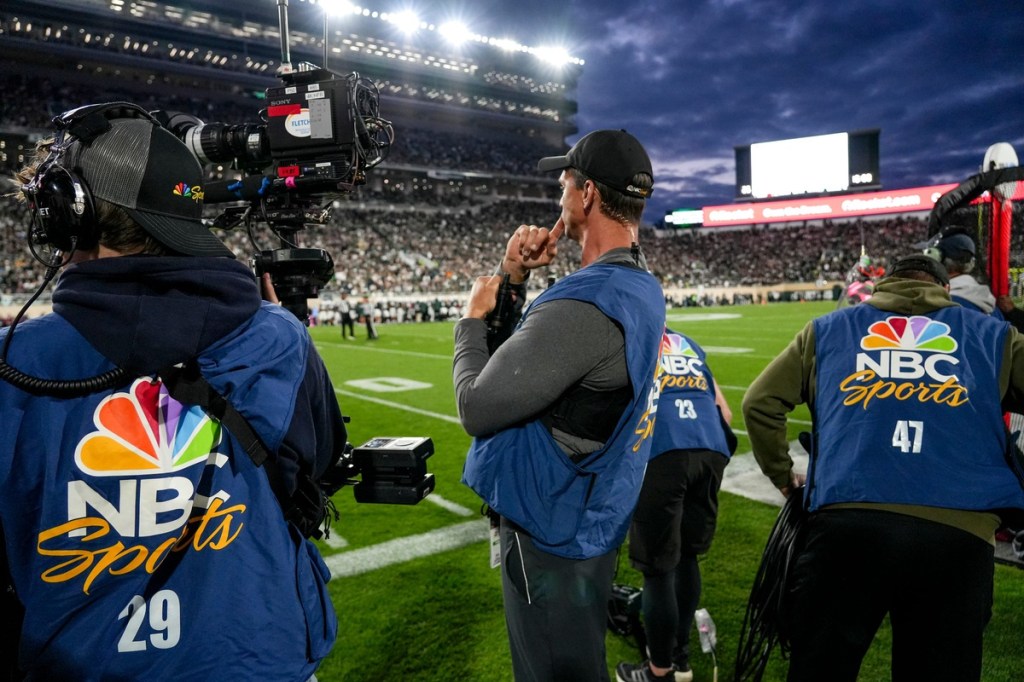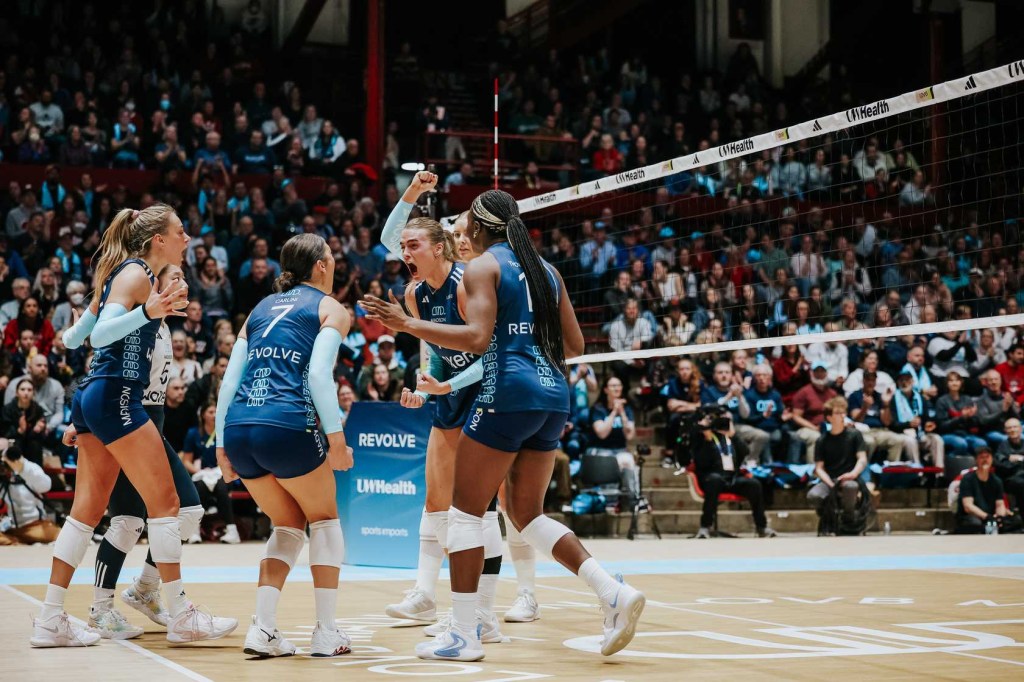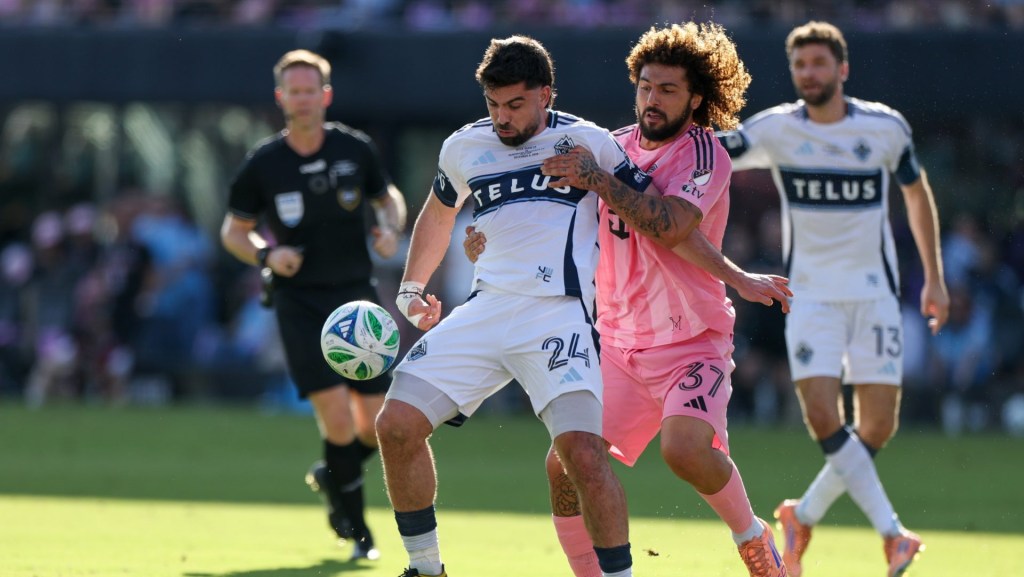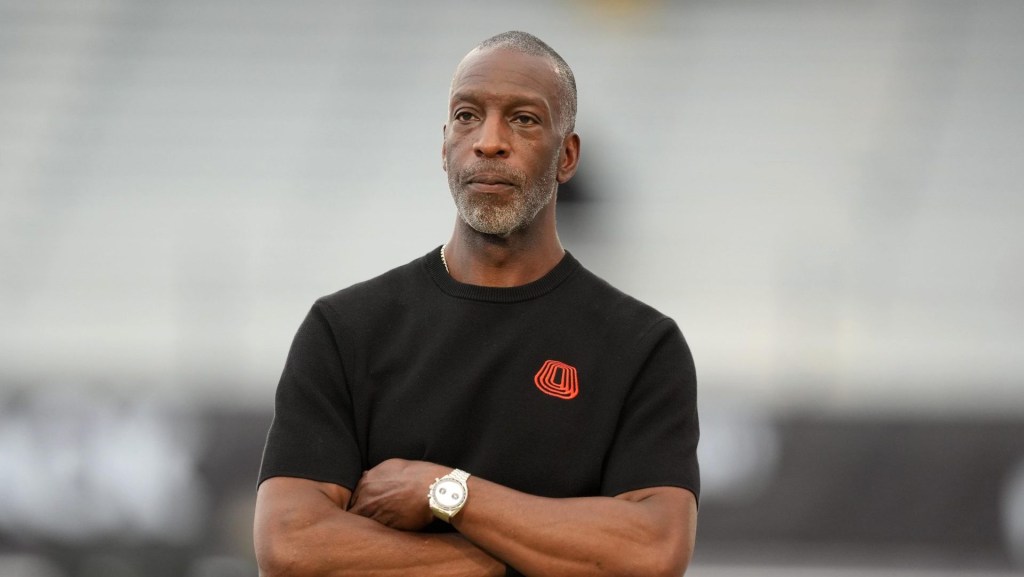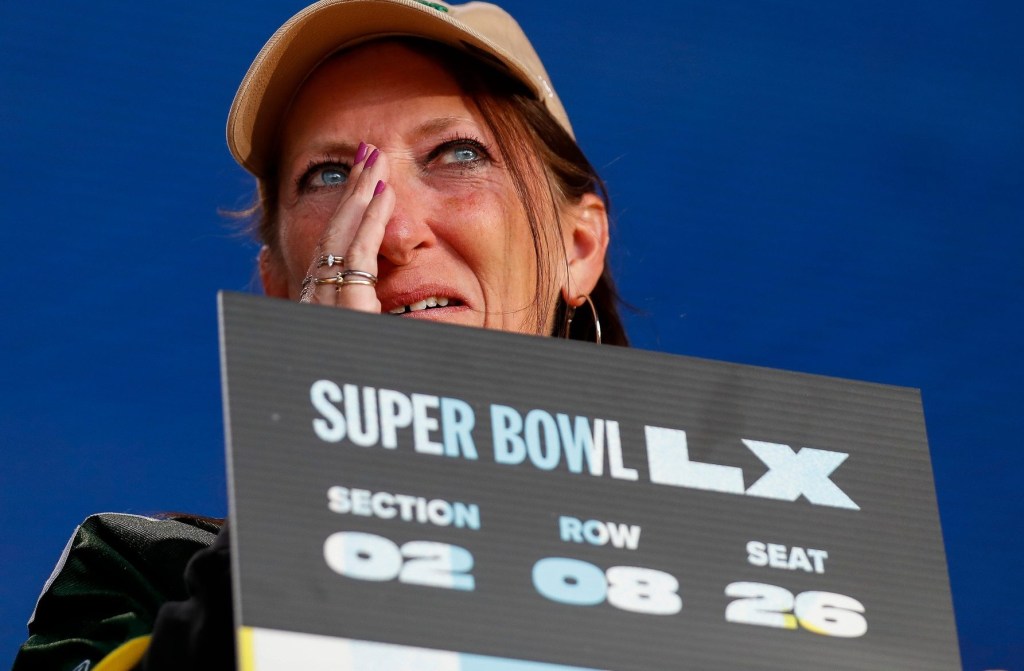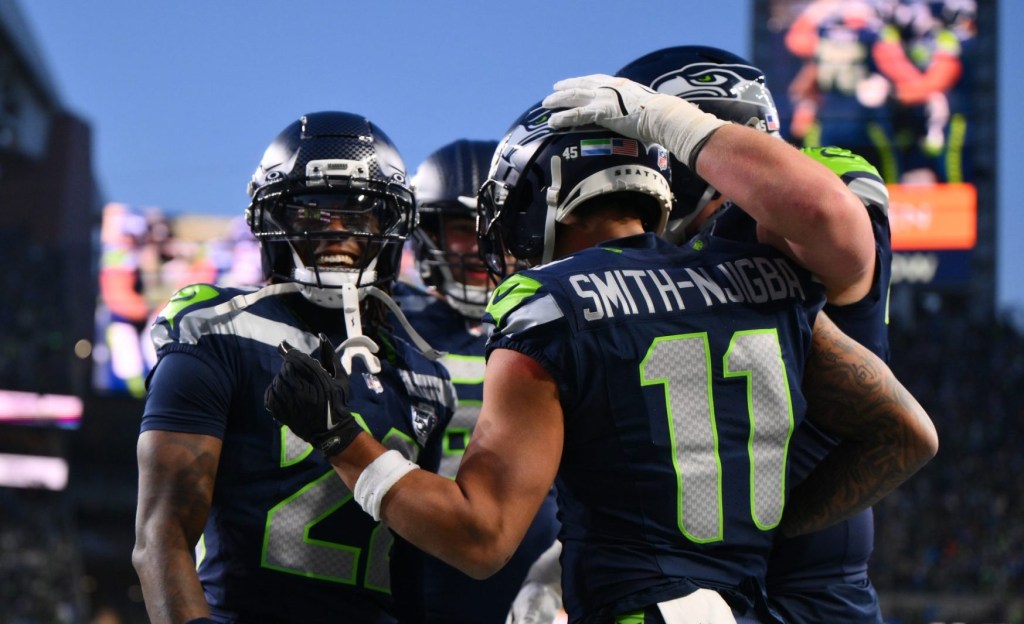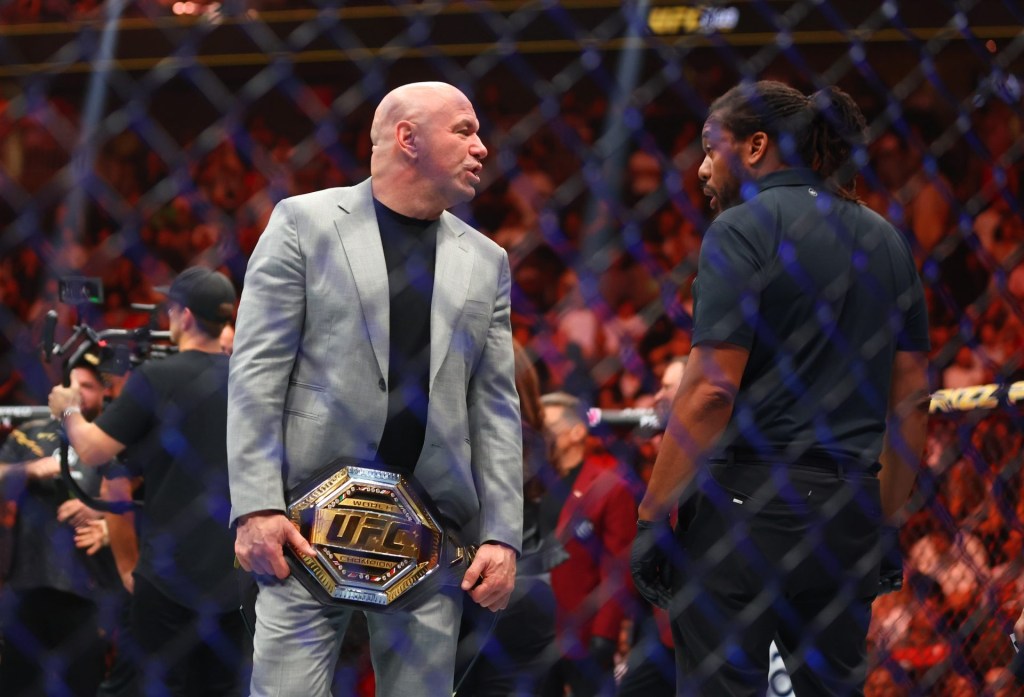Embattled running startup Grand Slam Track has hired British law firm Level, according to a source familiar with the league.
The league admitted last month it still does not have the funds to pay its athletes or vendors; athletes alone are owed at least $13 million in prize money and appearance fees. The league announced self-imposed deadlines to pay athletes earlier in the summer—the end of July for some of the payments and the end of September for all of them—but has not delivered any money since that announcement.
Unpaid athletes and vendors have considered suing the company, according to multiple reports.
Level lists sports as one of its areas of expertise. Morris Bentata, a co-founder of the firm and the lead lawyer for Level on Grand Slam, did not reply to an email. (Update: After publication of this story, a Grand Slam spokesperson said the company began working with Level in February on media rights.)
Grand Slam is the brainchild of Olympian Michael Johnson, and planned four events in its first year. After three meets in Kingston, Jamaica, Miami, and Philadelphia this spring, the final stop in Los Angeles was cancelled in June amid a worsening financial situation.
Grand Slam claimed it had $30 million in funding, led by Winners Alliance, and said it would pay athletes a base salary in addition to record prize money. The league promised $100,000 for first place at each of its “Slams,” a large increase from the sport’s previous highs.
But the vast majority of the money promised has not arrived in athletes’ pockets. Athletes have only been paid appearance fees for Kingston, but have not received prize money or any payments for the other meets. (The startup said it would still pay appearance fees for the cancelled L.A. meet). Meanwhile, vendors are also waiting to be paid, including the city of Miramar, Florida, which hosted the Miami meet.
Late payments are nothing new for track meets, some of which delay funds for months while waiting on drug testing. But Grand Slam is well past its own self-imposed deadlines, and has previously admitted it does not yet have the funding to pay its debts.
In July, Johnson said on Front Office Sports Today that the financial woes were caused by an investor unexpectedly pulling out. FOS reported at the time that the investor had signed an eight-figure term sheet, but backed out after attending the first Slam in Kingston. Johnson told FOS in May that the league had sold 24,000 seats in Kingston, but that many people did not show up; the stadium looked mostly empty on television.
Last month, The Athletic reported the investor who got cold feet was Eldridge, the firm led by Chelsea chairman and Dodgers and Lakers part-owner Todd Boehly. Grand Slam did not have the $30 million-plus it claimed to have at the start of the season, and the company’s debts have reached more than $14 million, the outlet reported.
Johnson has maintained that he is meeting with “excited investors who see the value of Grand Slam Track and believe, just as we do, that track deserves a prominent place in global sports.” The founder asked for “continued grace, patience, and encouragement” as he works through a process that is “complex and is hard to rush.”
In the meantime, athletes are busy competing at the world championships in Tokyo, but some have felt the squeeze. At least two athletes have backed out of buying a house, according to The Times of London. The outlet reported earlier this week that athletes are considering taking legal action against the league if the September deadline passes without payments, and that their sources believe the total amount of debt could actually be closer to $19 million.
Robert Wagner, an agent who has at least one client owed thousands by Grand Slam, tells FOS athletes and their representatives are discussing how to move forward, understanding that pursuing a legal route is costly and does not guarantee results.
“As you know Track & Field athletes do not have the funds to hire lawyers to sue a company who has the stamina to drag out a lawsuit,” Wagner said via email. “Especially when even winning a lawsuit does not get you the actual payment if the person/company you sue does not have any funds to pay that. If [Johnson or Grand Slam] had the funds we would not be in this situation!”
The source that spoke about the Level law hire also said the league has been talking to other firms, but those discussions could lead to a post-bankruptcy investment, not an immediate infusion of money. Asked about bankruptcy or the future of the league, Johnson has repeatedly said Grand Slam will make a return next year.
This developing news story has been updated.
